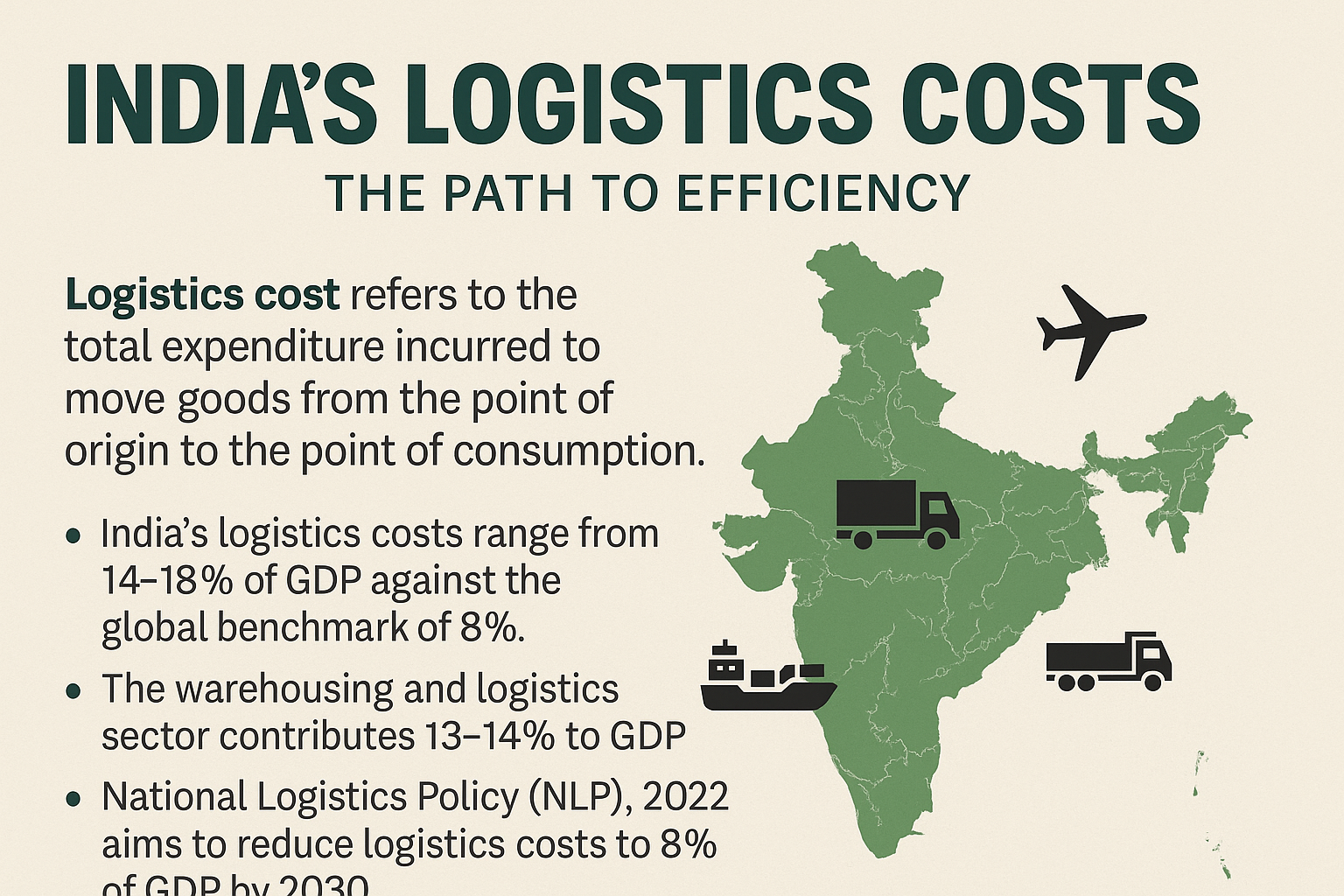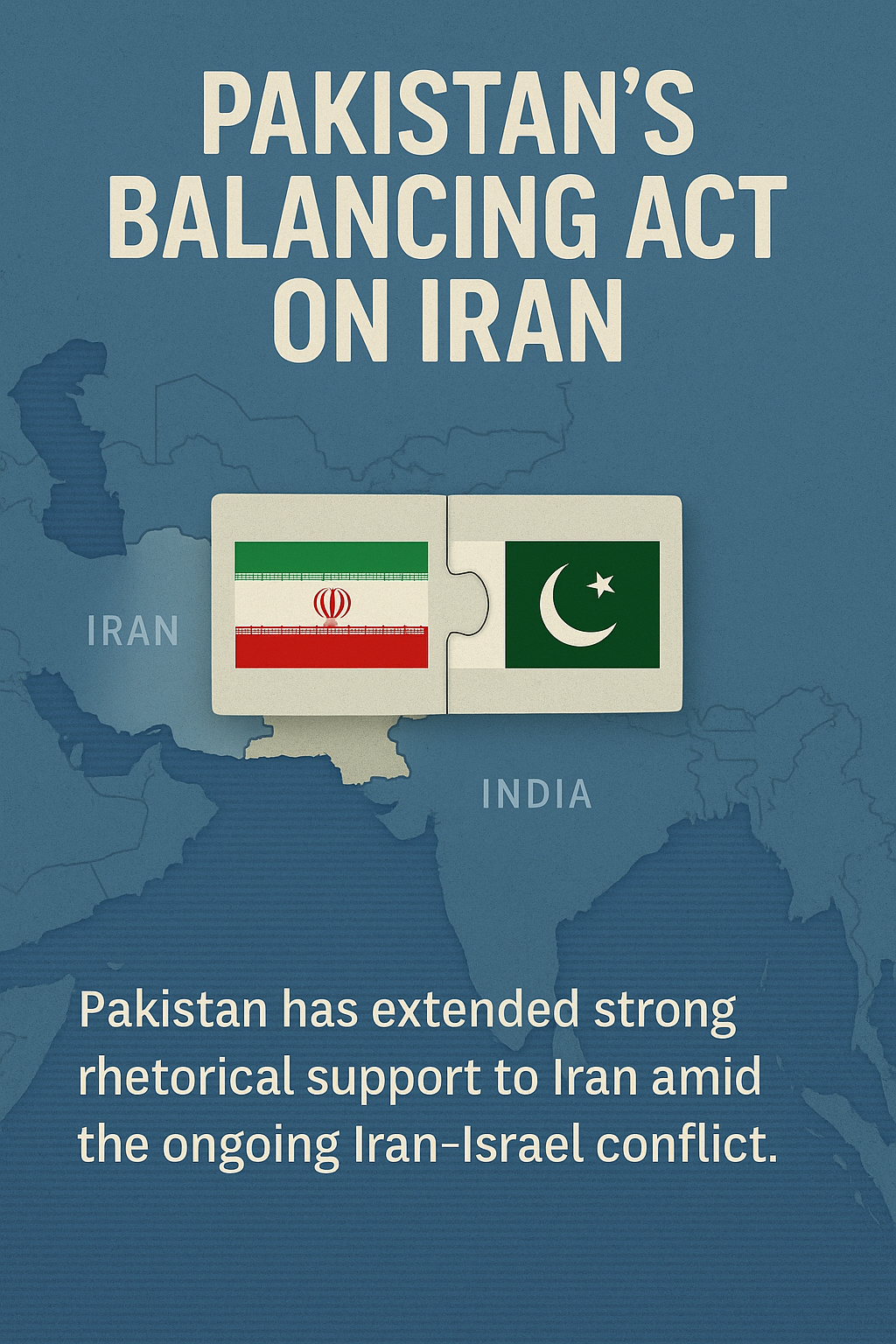014. World |India-Middle East-Europe
India-Middle East-Europe Economic Corridor (IMEC): A New Era in Global Trade and Connectivity
Introduction
The India-Middle East-Europe Economic Corridor (IMEC) is emerging as a transformative project that aims to enhance trade, transport, and digital connectivity across three regions: India, the Middle East, and Europe. Recently, RITES, a leading Indian transport engineering consultancy, has taken a pivotal step by launching a Digital Interface Connectivity Project to facilitate cargo movement between Indian and Middle Eastern ports — marking the first phase of a virtual trade corridor.
Digital Interface Connectivity Project
To support IMEC, RITES is developing a software platform for:
- 📦 Seamless cargo clearances
- 🖥️ Integrated IT systems for logistics coordination
- 📄 Streamlined documentation across Indian and Middle Eastern ports
- 🤝 Enhancing the ease of doing business in cross-border trade
This digital initiative lays the foundation for transparent, efficient, and secure trade flows under IMEC.
Interlinking Payment Systems Between India and UAE
In a parallel development:
- India and UAE have agreed to interlink payment platforms:
- India’s UPI ↔ UAE’s AANI
- RuPay ↔ JAYWAN debit/credit cards
This will enable smooth cross-border transactions, strengthening financial cooperation and further integrating the IMEC network.
What is IMEC?
- 🌐 A proposed 4,800 km multimodal trade corridor
- 📆 Announced in September 2023
- 🚢 Combines rail, road, and sea routes to connect:
- India → Middle East → Europe
🛤️ Key Corridors:
- East Corridor: Connects India to Arabian Gulf
- Northern Corridor: Connects Gulf to Europe
IMEC is seen as a strategic alternative to China’s Belt and Road Initiative (BRI).
Major Infrastructure Features of IMEC
- ⚡ Electricity cable
- 🧪 Hydrogen pipeline
- 🌐 High-speed data cable
📝 Signatories Include:
India, USA, UAE, Saudi Arabia, EU, France, Italy, Germany
Key Ports Connected by IMEC
| Region | Ports |
|---|---|
| India | Mundra, Kandla (Gujarat), JNPT (Navi Mumbai) |
| Middle East | Fujairah, Jebel Ali, Abu Dhabi (UAE), Dammam, Ras Al Khair (Saudi Arabia) |
| Israel | Haifa port (via Saudi Arabia and Jordan) |
| Europe | Piraeus (Greece), Messina (Italy), Marseille (France) |
Strategic Objectives of IMEC
- Create a faster and more efficient trade route
- Reduce logistics costs and greenhouse gas (GHG) emissions
- Strengthen India’s global trade ties
- Promote economic growth through new Special Economic Zones (SEZs)
- Enhance employment, industrial activity, and energy security
Geopolitical and Economic Implications
🌍 Geopolitical Impact
- ✅ Counters China’s BRI with an India-led alternative
- 🛣️ Bypasses Pakistan’s territory, reducing strategic bottlenecks
- 🤝 Deepens ties with Gulf nations, Europe, and USA
- ☮️ May promote peace and regional stability in the Middle East
- 🌍 Opens potential access to Africa via future Trans-African corridors
📈 Economic Impact
- Reduces India-Europe trade time by 40% vs. the Suez Canal
- Boosts exports, manufacturing, and logistics efficiency
- Generates employment across trade and transport sectors
- Encourages foreign investment in new industrial zones
Challenges to IMEC Implementation
- 🔧 Incomplete rail links in the Middle East
- 🌐 Legal and policy coordination among multiple countries
- ⛴️ Competition from the Suez Canal route
- 💰 High development costs: estimated at $3–8 billion
- ⚙️ Complex logistics integration across road, rail, and sea modes
RITES’ Role in Infrastructure and Export Growth
- RITES is assessing infrastructure gaps to connect Indian ports to the Dedicated Freight Corridor
- Upcoming Vadhavan Port is being factored into future logistics planning
- RITES has signed MoUs with:
- Abu Dhabi Ports Group
- Etihad Rail
- Expanding consultancy and export presence in:
- Middle East
- Latin America
- Bangladesh
RITES is aggressively bidding on global projects without relying on Line of Credit support.
Conclusion
The India-Middle East-Europe Economic Corridor (IMEC) stands at the crossroads of trade, technology, and diplomacy. With RITES’ digital push and coordinated international efforts, IMEC has the potential to redefine global supply chains, strengthen regional partnerships, and position India as a key player in the future of global connectivity.















